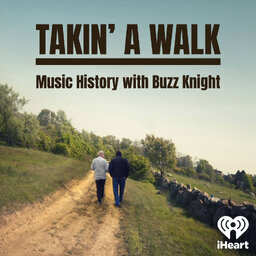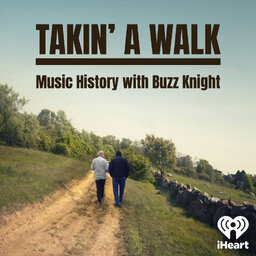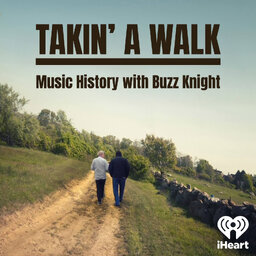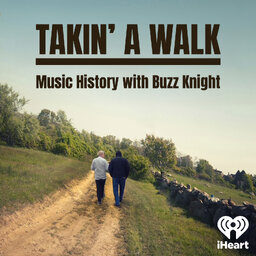"Strumming Through Punk Rock History with Noodles from The Offspring"-Music Legend Podcast
Join @thebuzzknight with this episode Kevin Wasserman, known as Noodles from The Offspring. We explore the journey he has had as guitarist of The Offspring, discussing the formation of the band in 1984, their rise to fame in the 1990's punk rock scene, and their continued success with new music called "SUPERCHARGED"
If you have questions or comments, write buzz@buzzknightmedia.com
Follow Buzz on Twitter @TheBuzzKnight and Instagram@takinawalkpodcast
Like this show? Leave us a review here and share this show with your friends. Review
In 1 playlist(s)
Takin' A Walk - Music History with Buzz Knight
On the Takin’ A Walk-Music History Podcast, Buzz Knight goes deep with American music’s most iconic …Social links
Follow podcast
Recent clips

Buzz Knight and Harold Bronson: A Walk Through Rock Music History,the Legacy of Rhino Records and Mogan David and his Winos
31:03

Takin' a Walk with Buzz Knight: Celebrating 20 Years of Band of Heathens and Their New Album 'Country Sides'
31:18

Buzz Knight and Jake Sumner Discuss Ron Delsener's Impact on Rock Music History and the new documentary "Ron Delsener Presents"
42:25
 Takin' A Walk - Music History with Buzz Knight
Takin' A Walk - Music History with Buzz Knight